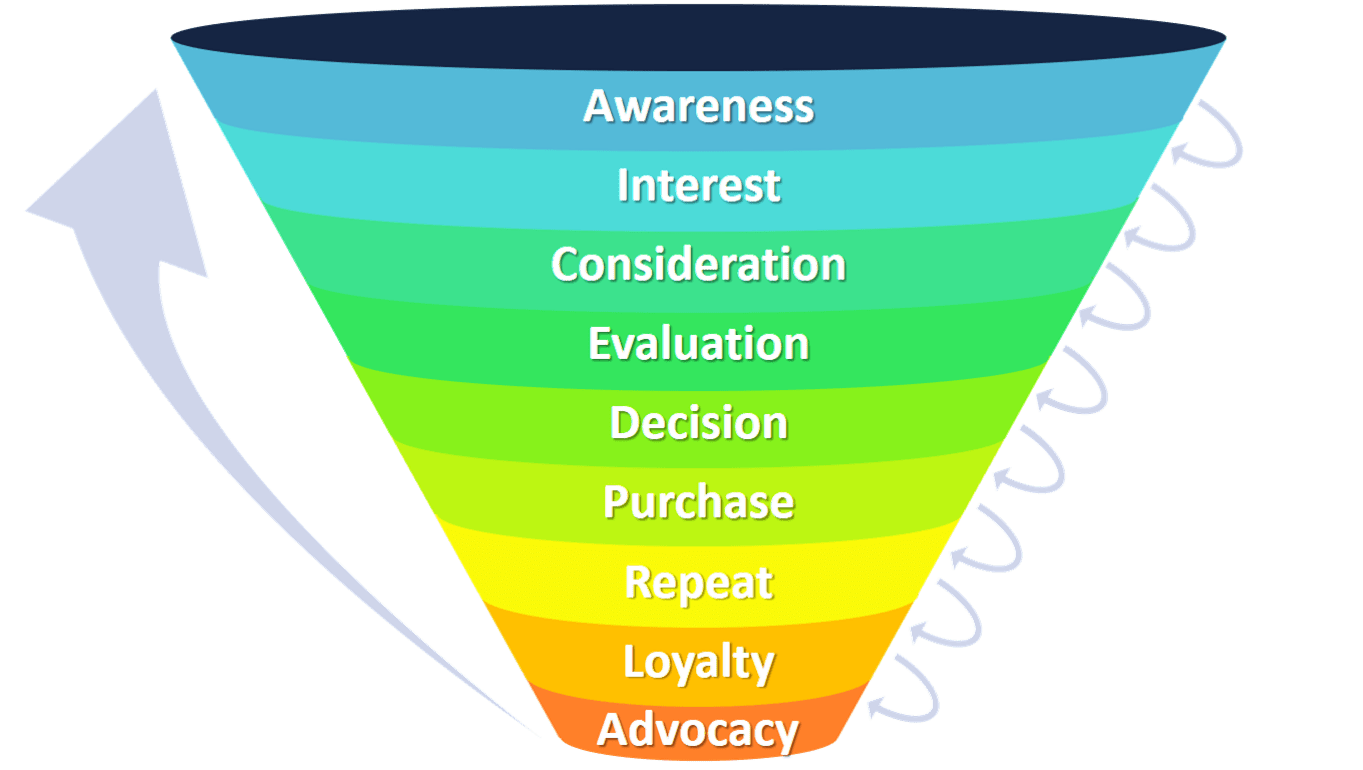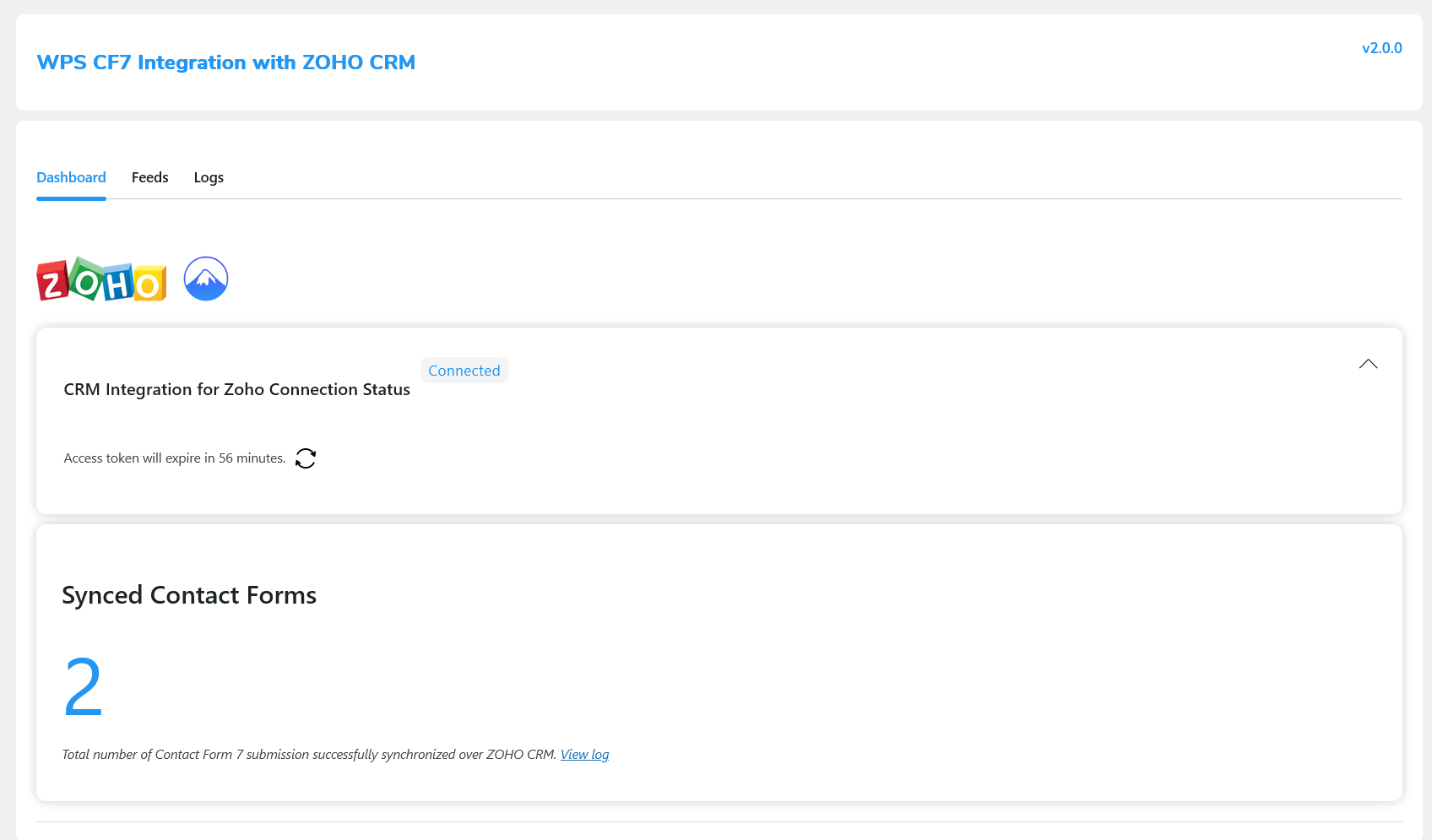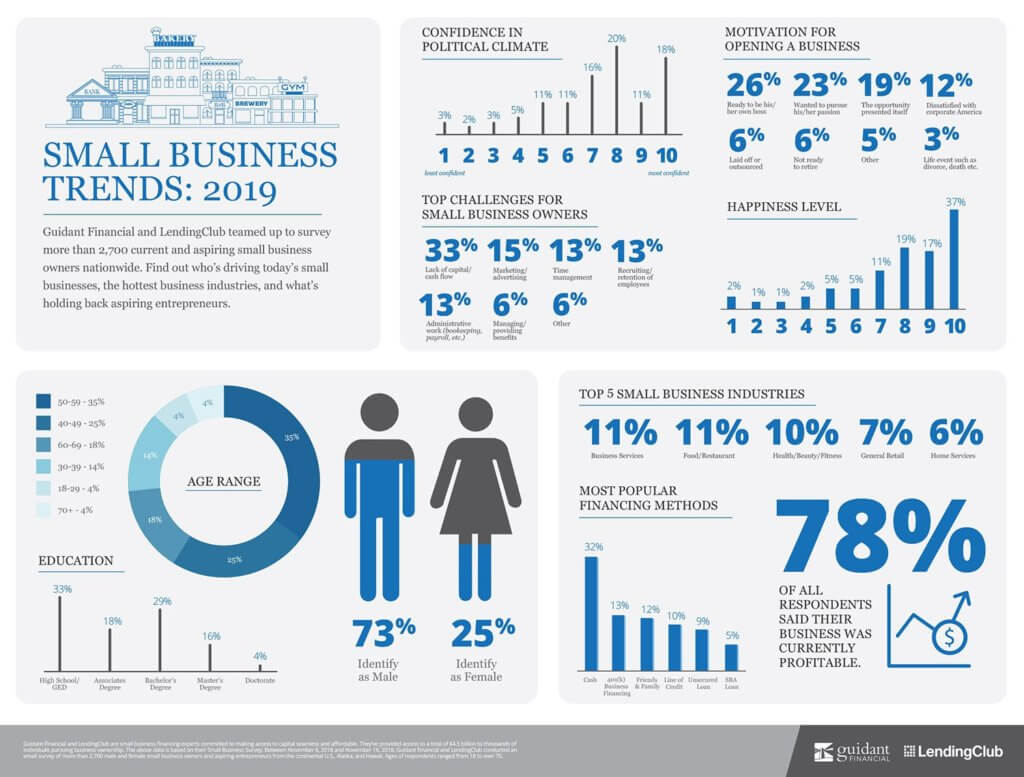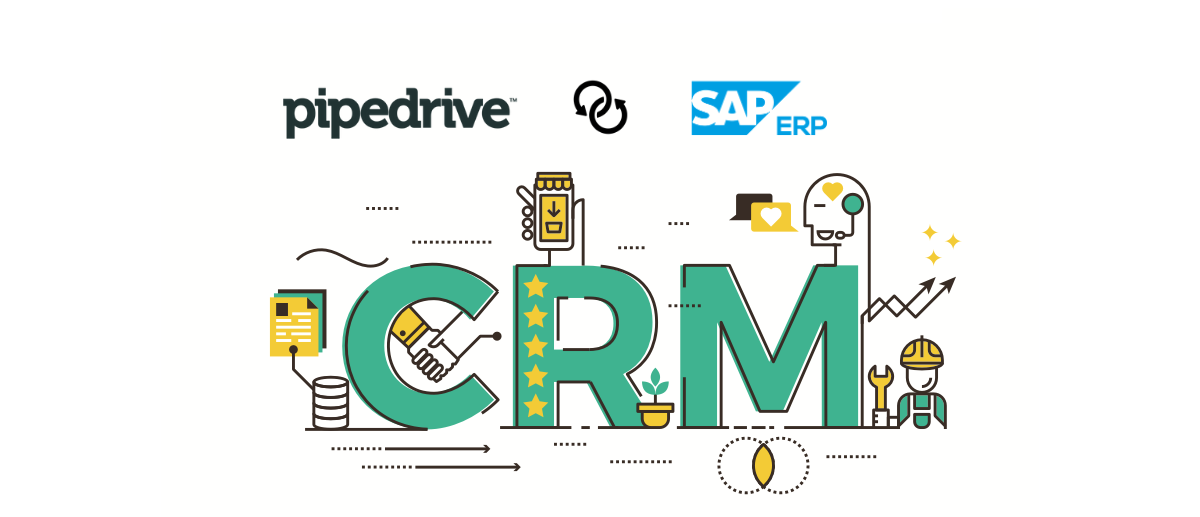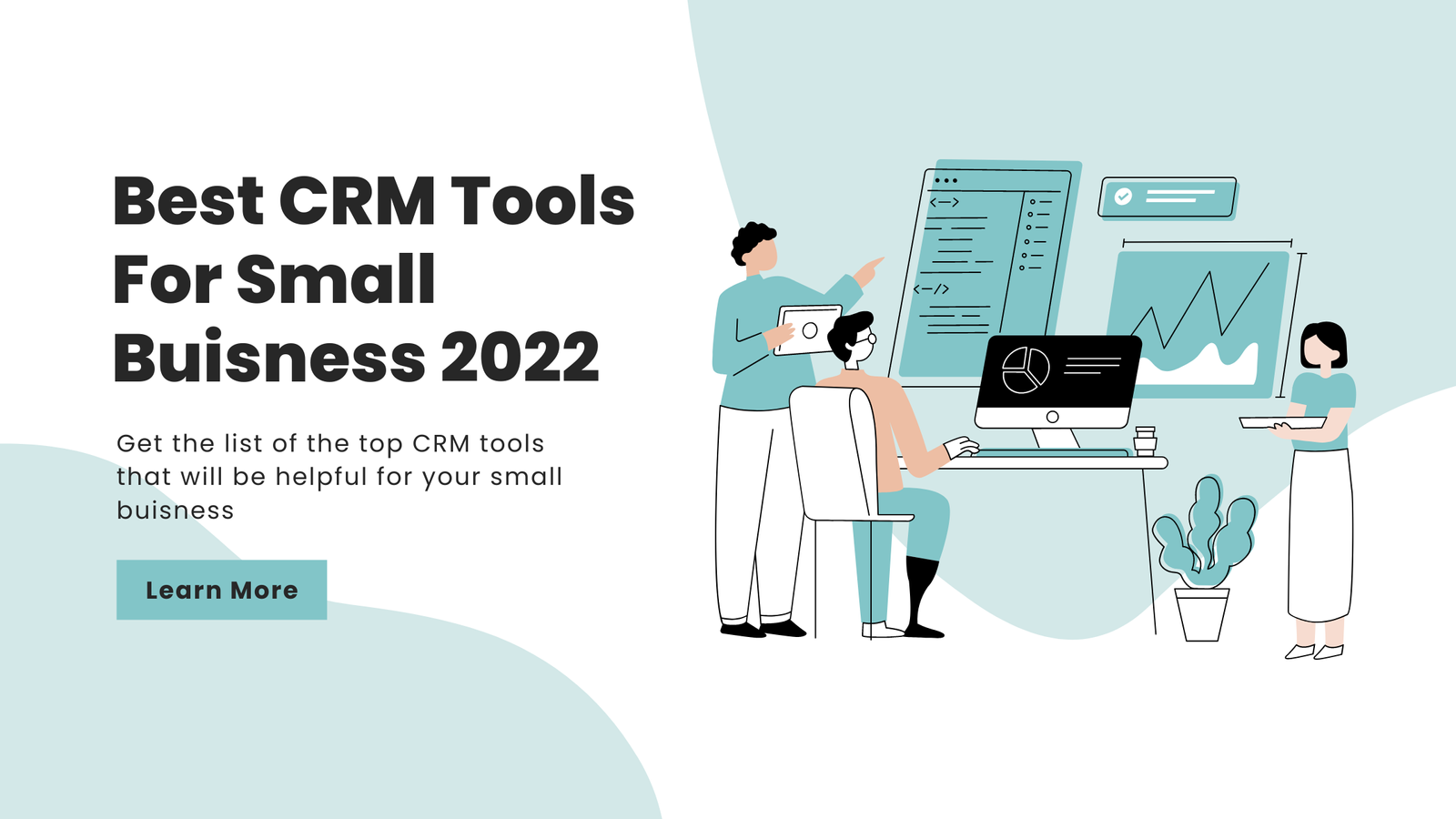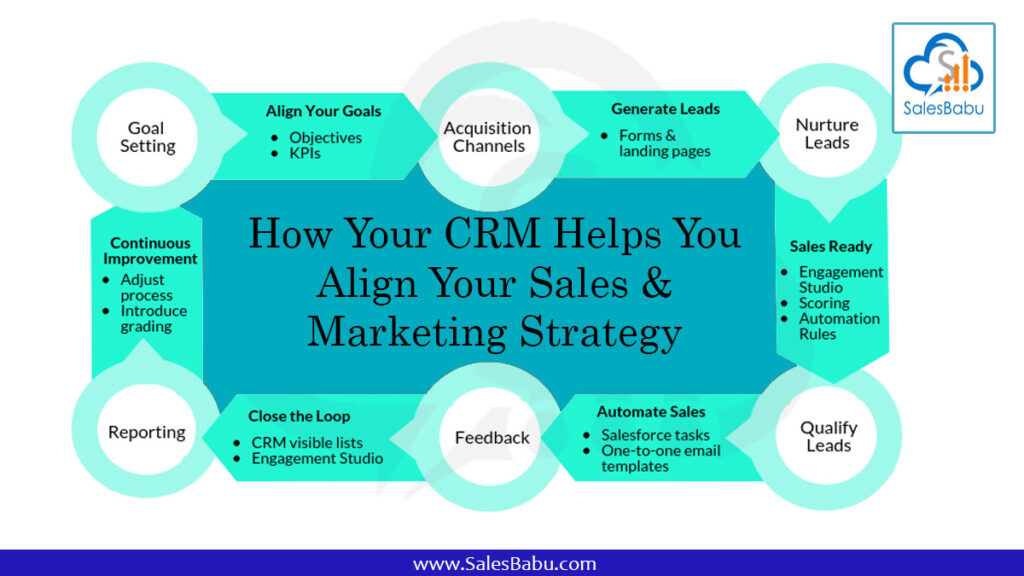
CRM Marketing for Beginners: Your Ultimate Guide to Customer Relationship Management
So, you’re diving into the world of CRM marketing? Fantastic! You’ve come to the right place. CRM (Customer Relationship Management) isn’t just a buzzword anymore; it’s the backbone of successful businesses across industries. This comprehensive guide is designed specifically for beginners, offering a clear and concise roadmap to understanding and implementing CRM marketing strategies. We’ll break down the basics, explore the benefits, and equip you with the knowledge to start building stronger customer relationships and driving business growth. Get ready to transform the way you connect with your customers!
What is CRM Marketing? Unpacking the Core Concepts
At its heart, CRM marketing is all about putting the customer first. It’s a strategic approach that uses data and technology to understand, engage, and nurture relationships with your customers. Think of it as a central hub for all customer-related information. It’s about more than just tracking sales; it’s about building lasting connections that lead to loyalty and advocacy. CRM marketing encompasses all the activities and strategies businesses use to manage and analyze customer interactions and data throughout the customer lifecycle, with the goal of improving business relationships with customers, assisting in customer retention and driving sales growth.
Here’s a breakdown of the key components:
- Customer Data: This is the lifeblood of CRM. It includes contact information, purchase history, interactions (emails, calls, website visits), preferences, and more. The more you know about your customers, the better you can serve them.
- CRM Software: This is the technology that houses and organizes your customer data. It provides tools for managing interactions, automating tasks, and analyzing customer behavior. There are tons of CRM software options out there, and we’ll touch on some popular ones later.
- Marketing Automation: CRM often integrates with marketing automation tools, allowing you to send targeted emails, personalize website content, and trigger automated workflows based on customer behavior.
- Analytics and Reporting: CRM systems provide valuable insights into customer behavior, campaign performance, and sales trends. This data helps you make informed decisions and optimize your marketing efforts.
Essentially, CRM marketing is about using data to create personalized and relevant customer experiences. It’s about moving away from generic marketing blasts and towards targeted, meaningful interactions that resonate with individual customers.
Why is CRM Marketing Important? The Benefits Explained
Why bother with CRM marketing? The benefits are numerous and can significantly impact your bottom line. Here’s a look at some key advantages:
- Improved Customer Relationships: This is the cornerstone of CRM. By understanding your customers better, you can tailor your interactions to their needs and preferences. This leads to stronger relationships built on trust and loyalty.
- Increased Customer Retention: Loyal customers are more likely to make repeat purchases and recommend your business to others. CRM helps you identify and address customer issues proactively, preventing churn and fostering long-term relationships.
- Enhanced Customer Satisfaction: Personalized experiences and timely support lead to happier customers. CRM enables you to provide exceptional service and exceed customer expectations.
- Higher Sales and Revenue: By targeting the right customers with the right offers at the right time, you can increase sales and revenue. CRM helps you identify sales opportunities and nurture leads through the sales funnel.
- Improved Marketing ROI: CRM allows you to track the performance of your marketing campaigns and optimize your efforts for maximum impact. You can see what’s working, what’s not, and make data-driven decisions to improve your return on investment.
- Streamlined Sales Process: CRM automates many tasks, such as lead management, contact tracking, and follow-up reminders, freeing up your sales team to focus on closing deals.
- Better Internal Collaboration: CRM fosters collaboration between sales, marketing, and customer service teams by providing a centralized view of customer data. This ensures everyone is on the same page and working towards the same goals.
- Data-Driven Decision Making: With CRM, you have access to valuable data and analytics that help you make informed decisions about your business strategy. You can identify trends, understand customer behavior, and predict future outcomes.
In short, CRM marketing is a powerful tool for driving business growth by putting the customer at the center of everything you do. It’s about building relationships, improving efficiency, and making data-driven decisions.
Getting Started with CRM Marketing: A Step-by-Step Guide
Ready to jump in? Here’s a practical, step-by-step guide to help you get started with CRM marketing:
- Define Your Goals: What do you want to achieve with CRM? Are you aiming to increase sales, improve customer retention, or streamline your marketing efforts? Clearly defined goals will guide your strategy and help you measure your success.
- Choose Your CRM Software: This is a crucial step. Research different CRM platforms and choose one that aligns with your business needs and budget. Consider factors like ease of use, features, integrations, and scalability. We’ll discuss some popular options shortly.
- Import Your Data: Gather your existing customer data from spreadsheets, email lists, and other sources. Import this data into your CRM system, ensuring it’s accurate and organized.
- Segment Your Customer Base: Divide your customers into different segments based on their demographics, behavior, purchase history, and other relevant factors. This allows you to tailor your marketing messages and offers to specific groups.
- Create Customer Personas: Develop detailed profiles of your ideal customers. This helps you understand their needs, motivations, and pain points, allowing you to create more effective marketing campaigns.
- Set Up Your Marketing Automation Workflows: Automate tasks like sending welcome emails, nurturing leads, and following up with customers. This saves time and ensures consistent communication.
- Integrate with Other Tools: Connect your CRM with your email marketing platform, social media accounts, and other tools you use. This allows you to streamline your workflow and gain a holistic view of your customer interactions.
- Train Your Team: Ensure your sales, marketing, and customer service teams are trained on how to use the CRM system effectively. Provide ongoing support and training to keep them up-to-date on new features and best practices.
- Monitor and Analyze Your Results: Track your key performance indicators (KPIs) such as customer acquisition cost, customer lifetime value, and conversion rates. Analyze your results and make adjustments to your strategy as needed.
- Continuously Optimize: CRM is an ongoing process. Regularly review your data, analyze your results, and make adjustments to your strategy to ensure you’re getting the most out of your CRM system.
Following these steps will give you a solid foundation for implementing a successful CRM marketing strategy. Remember, it’s an iterative process, so don’t be afraid to experiment and learn as you go.
Choosing the Right CRM Software: Popular Options for Beginners
Selecting the right CRM software is crucial. Here are some popular options that are well-suited for beginners:
- HubSpot CRM: HubSpot offers a free CRM that’s incredibly user-friendly and packed with features. It’s a great option for small businesses and startups. It provides contact management, deal tracking, email marketing, and more. As your business grows, you can upgrade to paid plans for more advanced features.
- Zoho CRM: Zoho CRM is another popular choice, known for its affordability and versatility. It offers a wide range of features, including sales force automation, marketing automation, and customer support tools. It’s a good option for businesses of all sizes.
- Salesforce Essentials: Salesforce is a leader in the CRM market, and Salesforce Essentials is designed for small businesses. It offers a streamlined version of the Salesforce platform, with features like contact management, lead tracking, and sales reporting.
- Pipedrive: Pipedrive is a sales-focused CRM that’s known for its intuitive interface and visual pipeline. It’s a great choice for businesses that want to streamline their sales process.
- Freshsales: Freshsales is a CRM that focuses on helping businesses manage their sales and customer relationships. It offers features like lead management, contact management, and sales automation.
When choosing a CRM, consider these factors:
- Ease of Use: Choose a CRM that’s easy to learn and use, especially if you’re a beginner.
- Features: Make sure the CRM offers the features you need, such as contact management, sales automation, and marketing automation.
- Integrations: Consider how well the CRM integrates with other tools you use, such as your email marketing platform and social media accounts.
- Scalability: Choose a CRM that can grow with your business.
- Pricing: Compare the pricing of different CRM platforms and choose one that fits your budget.
Take advantage of free trials and demos to test out different CRM systems before making a decision. This will help you find the perfect fit for your business.
CRM Marketing Strategies: Putting Theory into Practice
Now that you understand the basics and have chosen your CRM, let’s explore some effective CRM marketing strategies:
- Lead Generation and Nurturing: Use your CRM to capture leads from your website, social media, and other marketing channels. Nurture these leads with targeted email campaigns and personalized content to guide them through the sales funnel.
- Segmentation and Personalization: Segment your customer base based on demographics, behavior, and purchase history. Personalize your marketing messages and offers to resonate with each segment.
- Email Marketing: Use your CRM to send targeted email campaigns, such as welcome emails, promotional offers, and newsletters. Track your email open rates, click-through rates, and conversions to optimize your campaigns.
- Social Media Engagement: Integrate your CRM with your social media accounts to track customer interactions and engage with your audience. Monitor social media mentions, respond to comments and messages, and use social media to drive traffic to your website.
- Customer Service and Support: Use your CRM to provide excellent customer service and support. Track customer inquiries, resolve issues quickly, and follow up with customers to ensure their satisfaction.
- Sales Automation: Automate tasks such as lead assignment, follow-up reminders, and sales reporting to streamline your sales process and improve efficiency.
- Loyalty Programs: Use your CRM to create and manage loyalty programs that reward your best customers. Offer exclusive discounts, early access to new products, and personalized experiences to encourage repeat purchases.
- Feedback and Surveys: Use your CRM to gather customer feedback and conduct surveys. This provides valuable insights into customer satisfaction and helps you identify areas for improvement.
- Cross-selling and Upselling: Use your CRM to identify opportunities to cross-sell and upsell to your existing customers. Recommend related products or services based on their purchase history.
- Mobile CRM: Ensure your CRM is accessible on mobile devices so your team can access and update customer data on the go.
The key to successful CRM marketing is to be proactive, personalize your interactions, and provide value to your customers at every touchpoint. By implementing these strategies, you can build stronger customer relationships, increase sales, and drive business growth.
Measuring Success: Key Metrics and KPIs
How do you know if your CRM marketing efforts are paying off? By tracking key performance indicators (KPIs) and analyzing your results. Here are some important metrics to monitor:
- Customer Acquisition Cost (CAC): The cost of acquiring a new customer. Track this to understand the efficiency of your marketing efforts.
- Customer Lifetime Value (CLTV): The predicted revenue a customer will generate over their relationship with your business. This helps you understand the long-term value of your customers.
- Customer Retention Rate: The percentage of customers you retain over a specific period. This is a key indicator of customer loyalty.
- Churn Rate: The percentage of customers who stop doing business with you. Track this to identify and address customer issues.
- Conversion Rates: The percentage of leads that convert into customers. This measures the effectiveness of your sales process.
- Sales Revenue: The total revenue generated from sales. This is a fundamental metric for measuring business growth.
- Lead Conversion Rate: The percentage of leads that convert into opportunities.
- Website Traffic: The number of visitors to your website. This can indicate the effectiveness of your marketing campaigns.
- Email Open Rates and Click-Through Rates: These metrics measure the engagement with your email marketing campaigns.
- Customer Satisfaction Score (CSAT): A measure of customer satisfaction with your products or services.
- Net Promoter Score (NPS): A measure of customer loyalty and willingness to recommend your business.
Regularly review these metrics and use them to optimize your CRM marketing strategy. Identify what’s working, what’s not, and make adjustments to improve your performance. Data is your friend here!
Common Mistakes to Avoid in CRM Marketing
Even with the best intentions, it’s easy to stumble. Here are some common mistakes to avoid in CRM marketing:
- Not Defining Your Goals: Without clear goals, you won’t know if your CRM efforts are successful.
- Choosing the Wrong CRM Software: Make sure the CRM you choose aligns with your business needs and budget.
- Poor Data Quality: Inaccurate or incomplete data will undermine your CRM efforts. Clean and maintain your data regularly.
- Not Training Your Team: Ensure your team knows how to use the CRM effectively.
- Ignoring Customer Feedback: Listen to your customers and use their feedback to improve your products and services.
- Sending Generic Marketing Messages: Personalize your messages to each customer segment.
- Neglecting Mobile CRM: Ensure your CRM is accessible on mobile devices so your team can access and update customer data on the go.
- Not Integrating with Other Tools: Integrate your CRM with your email marketing platform, social media accounts, and other tools you use.
- Not Analyzing Your Results: Regularly track and analyze your KPIs to optimize your strategy.
- Giving Up Too Soon: CRM marketing takes time and effort. Be patient and persistent.
By avoiding these common pitfalls, you can increase your chances of success with CRM marketing.
The Future of CRM Marketing: Trends to Watch
The world of CRM marketing is constantly evolving. Here are some trends to keep an eye on:
- Artificial Intelligence (AI): AI is being used to automate tasks, personalize customer experiences, and provide valuable insights.
- Machine Learning (ML): ML algorithms are being used to predict customer behavior, identify sales opportunities, and optimize marketing campaigns.
- Personalization: Customers expect personalized experiences, and CRM is enabling businesses to deliver them.
- Omnichannel Marketing: Businesses are using multiple channels to engage with customers, including email, social media, and mobile.
- Customer Data Platforms (CDPs): CDPs are being used to collect and manage customer data from multiple sources.
- Voice Assistants: Voice assistants are being integrated with CRM systems to allow users to access and update customer data using voice commands.
- Data Privacy and Security: With increasing concerns about data privacy, businesses are focusing on data security and compliance with regulations.
- Focus on Customer Experience: The emphasis is shifting towards creating exceptional customer experiences across all touchpoints.
Staying up-to-date on these trends will help you stay ahead of the curve and leverage the latest technologies to improve your CRM marketing efforts.
Conclusion: Embrace the Power of CRM Marketing
CRM marketing is a powerful tool for building stronger customer relationships, increasing sales, and driving business growth. By understanding the core concepts, choosing the right software, implementing effective strategies, and measuring your results, you can transform the way you connect with your customers. Remember to be patient, persistent, and always put the customer first. The future of business is customer-centric, and CRM marketing is the key to thriving in this new era.
Start today. Define your goals, choose your CRM software, and begin building a customer-focused marketing strategy that will propel your business to new heights!

